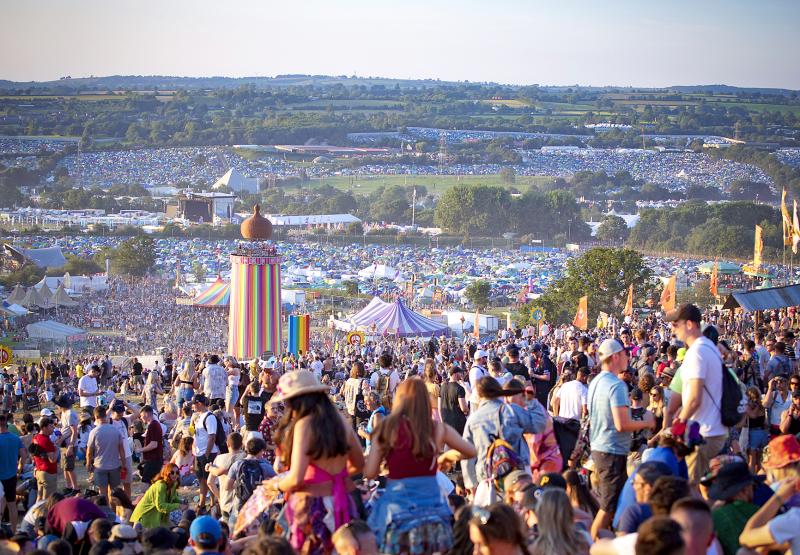Strikes yesterday crippled Britain’s rail network as union bosses, train operating firms and the government faced off over demands that workers’ pay increases keep pace with surging inflation.
A spike in the cost of food and fuel is pushing many household budgets to the brink and is driving trade unions to demand higher pay increases for their members. The government has urged wage restraint to avoid an inflationary spiral.
Unions formed picket lines around rail stations for the second day this week, and warned of more industrial action unless a deal can be reached to improve pay and avoid redundancies.

Photo: EPA-EFE
“We’ll continue to talk to the companies about everything that’s been put on the table, and we’ll review that and see if and when there needs to be a new phase of industrial action,” Mick Lynch, secretary-general of the National Union of Rail, Maritime and Transport Workers (RMT), told the BBC.
“But if we don’t get a settlement, it’s extremely likely that there will be,” he said.
Although talks are ongoing, a third day of strikes is planned for tomorrow. Other industries are also moving toward industrial action in what unions say could be a “summer of discontent.”
The government has called the strikes counterproductive, and damaging for those on low incomes who depend on public transportation and are unable to work from home.
Ministers were yesterday to set out changes to a law that would make it easier for businesses to use temporary staff, in a moved designed to minimize the effects of strikes.
“The situation we are in is not sustainable,” British Secretary of State for Business, Energy and Industrial Strategy Kwasi Kwarteng said on Wednesday.
“Repealing these 1970s-era restrictions will give businesses freedom to access fully skilled staff at speed, all while allowing people to get on with their lives,” he said.
Nearly half of China’s major cities are suffering “moderate to severe” levels of subsidence, putting millions of people at risk of flooding, especially as sea levels rise, according to a study of nationwide satellite data released yesterday. The authors of the paper, published by the journal Science, found that 45 percent of China’s urban land was sinking faster than 3mm per year, with 16 percent at more than 10mm per year, driven not only by declining water tables, but also the sheer weight of the built environment. With China’s urban population already in excess of 900 million people, “even a small portion

UNSETTLING IMAGES: The scene took place in front of TV crews covering the Trump trial, with a CNN anchor calling it an ‘emotional and unbelievably disturbing moment’ A man who doused himself in an accelerant and set himself on fire outside the courthouse where former US president Donald Trump is on trial has died, police said yesterday. The New York City Police Department (NYPD) said the man was declared dead by staff at an area hospital. The man was in Collect Pond Park at about 1:30pm on Friday when he took out pamphlets espousing conspiracy theories, tossed them around, then doused himself in an accelerant and set himself on fire, officials and witnesses said. A large number of police officers were nearby when it happened. Some officers and bystanders rushed

Beijing is continuing to commit genocide and crimes against humanity against Uyghurs and other Muslim minorities in its western Xinjiang province, U.S. Secretary of State Antony Blinken said in a report published on Monday, ahead of his planned visit to China this week. The State Department’s annual human rights report, which documents abuses recorded all over the world during the previous calendar year, repeated language from previous years on the treatment of Muslims in Xinjiang, but the publication raises the issue ahead of delicate talks, including on the war in Ukraine and global trade, between the top U.S. diplomat and Chinese

HYPOCRISY? The Chinese Ministry of Foreign Affairs yesterday asked whether Biden was talking about China or the US when he used the word ‘xenophobic’ US President Joe Biden on Wednesday called for a hike in steel tariffs on China, accusing Beijing of cheating as he spoke at a campaign event in Pennsylvania. Biden accused China of xenophobia, too, in a speech to union members in Pittsburgh. “They’re not competing, they’re cheating. They’re cheating and we’ve seen the damage here in America,” Biden said. Chinese steel companies “don’t need to worry about making a profit because the Chinese government is subsidizing them so heavily,” he said. Biden said he had called for the US Trade Representative to triple the tariff rates for Chinese steel and aluminum if Beijing was